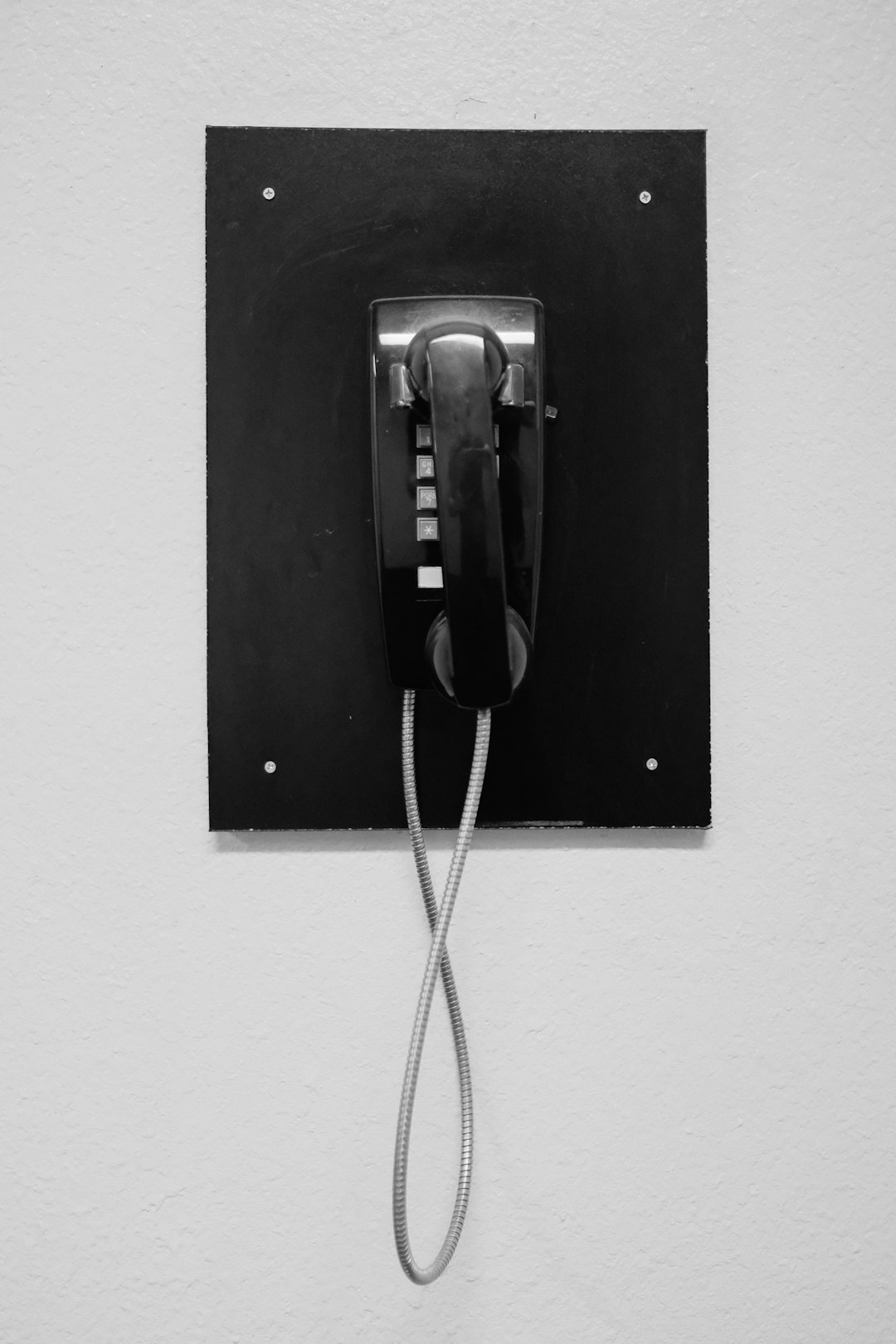In Ohio, residents can protect themselves from unwanted telemarketing calls by registering on the state's Do Not Call Registry. Biometric voice recognition technology emerges as a powerful tool to combat illegal calls, verifying identities and blocking scammers. This technology, available through Do Not Call Lawyer Ohio or Do Not Call Attorney Ohio services, offers enhanced security for law firms and individual attorneys, ensuring compliance with regulations while saving time and streamlining client verification. However, challenges include data privacy, accuracy, and reliability, requiring rigorous testing and evaluation to prevent misidentifications. This advancement holds promise for revolutionizing legal service delivery in Ohio.
“Biometric Voice Recognition: A New Tool Against Illegal Calls in Ohio? With the proliferation of automated and illegal calls, Ohio residents and businesses are seeking protection under the state’s stringent Do Not Call laws. This article explores how cutting-edge biometric voice recognition technology is revolutionizing the way these laws are enforced. From understanding Ohio’s Do Not Call regulations to delving into the implementation challenges and benefits for legal professionals, we examine if this tech can effectively combat nuisance calls and provide a ‘game changer’ solution for lawyer and attorney firms in Ohio.”
Understanding the Do Not Call Laws in Ohio

In Ohio, just as in many other states, there are stringent Do Not Call laws designed to protect residents from unwanted telemarketing calls. These laws are primarily enforced by the Ohio Attorney General’s Office, which works to ensure that businesses comply with regulations regarding sales and marketing calls. The Do Not Call List includes telephone numbers of individuals who have opted-out of receiving such calls, making it illegal for companies to initiate contact without prior consent.
Ohio residents can register their phone numbers on the state’s official Do Not Call Registry to cut down on spam calls. A Do not call lawyer Ohio or do not call attorney Ohio can offer guidance on navigating these laws and protecting one’s rights as a consumer, especially when dealing with persistent or illegal telemarketing practices by do not call law firms Ohio.
The Rise of Biometric Voice Recognition Technology

The rise of biometric voice recognition technology marks a significant shift in how we verify identity and combat fraud. This cutting-edge system utilizes unique vocal patterns to distinguish individuals, offering a new layer of security for various applications. With advancements in artificial intelligence, voice recognition software can now analyze and match voices with remarkable accuracy, making it an attractive solution for many industries, including legal services.
In Ohio, where issues related to unwanted calls from law firms or attorneys are not uncommon, biometric voice recognition could be a game-changer. By employing this technology, law firms and lawyers can ensure that only authorized individuals access their systems and make contact with clients. This innovative approach aims to prevent fraudulent activities, such as impersonating legal professionals through automated or illegal calling campaigns, commonly known as “Do Not Call” lists in Ohio.
How Biometric Voice Tech Can Combat Illegal Calls

Biometric voice recognition technology offers a promising solution to combat illegal calls in Ohio, particularly those involving telemarketers and scammers targeting residents. This innovative tech goes beyond traditional methods by analyzing unique vocal characteristics to identify callers. By comparing an individual’s voice against a vast database, it can accurately determine whether a call originates from a legitimate source or a known scammer.
For Ohio residents plagued by unwanted calls from do not call lawyer or do not call attorney services, this technology could be a game-changer. It enables efficient blocking of recurring intruders while ensuring compliance with state laws regulating caller identification and privacy. With its precision, biometric voice tech has the potential to significantly reduce frustration and protect Ohioans from falling victim to fraudulent activities, making it an effective tool in the fight against illegal calls throughout the state.
Implementation and Challenges in Ohio

The implementation of biometric voice recognition technology in Ohio presents a promising solution to combat illegal robocalls and unwanted telemarketing calls. This innovative system, which identifies individuals based on their unique vocal characteristics, could significantly enhance the state’s efforts to protect residents from nuisance calls. By integrating this technology into existing legal frameworks, Ohio can create a robust defense mechanism against malicious or unauthorized phone campaigns targeting Do not call Lawyer Ohio, Do not call attorney Ohio, and law firms listed in the state.
However, challenges remain. Ensuring data privacy and security is paramount as voiceprints, like other biometric data, are sensitive information. Robust regulations must be in place to safeguard these vocal fingerprints from misuse or unauthorized access. Additionally, the accuracy and reliability of the technology need careful consideration. Misidentifications could lead to false positives or negatives, potentially affecting legitimate businesses or individuals. As such, rigorous testing and ongoing evaluation are necessary to ensure the system’s effectiveness and fairness in implementing Do not call laws for lawyers, attorneys, and law firms in Ohio.
Benefits and Future Prospects for Legal Industry in OH

Biometric voice recognition technology offers a promising solution to combat illegal telemarketing calls in Ohio. By employing this innovative method, law firms and individual attorneys can significantly enhance their privacy and protect potential clients from unwanted intrusions. One of the primary benefits is its ability to accurately identify and block calls from unknown or suspicious sources, ensuring that only legitimate communication reaches the desired recipients. This technology acts as a robust shield against spam calls, allowing legal professionals in Ohio to focus on providing quality services without distraction.
Looking ahead, the future prospects for this technology within the legal industry are promising. As voice biometrics becomes more sophisticated and widely adopted, it can streamline various processes, including client verification and secure access to case management systems. Moreover, by integrating this system with existing communication platforms, lawyers can automate call screening, saving time and resources while ensuring compliance with Do Not Call regulations. This advancement has the potential to revolutionize how legal services are delivered in Ohio, making it an exciting development for both practitioners and their clients.






